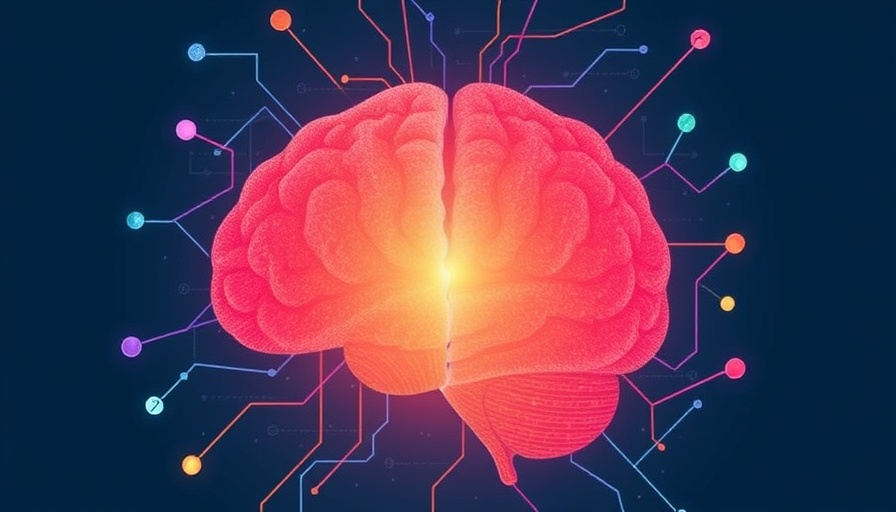
Understanding the Skills Gap: What It Means for Maryland
The skills gap is a pressing issue that affects both employers and job seekers across various sectors. Defined as the disparity between the skills employers are looking for and those available in the workforce, this gap poses challenges for both sides in the job market. In Maryland, where key industries such as healthcare, technology, and logistics are expanding, understanding the skills gap becomes even more vital. Workers equipped with the right skills will not only enhance their employability but also contribute significantly to their respective industries.
Industries Hit Hard by the Skills Gap
Maryland's workforce is an intricate network that powers several critical industries. Recent reports highlight that healthcare and life sciences, information technology, and transportation sectors are among the hardest-hit by the skills gap. In particular, with a highlighted 77% shortage in healthcare and life sciences, as outlined in the ManpowerGroup’s Global Talent Shortage report, it’s evident that strategic investment in workforce training is essential. For Maryland residents, this offers an opportunity to seek out training in areas like nursing, data analysis, and project management, which are increasingly in demand.
The Essential Skills Employers Seek
A survey by Springboard emphasizes that around 70% of corporate leaders are witnessing a severe skills gap that hampers business performance. Particularly, roles in financial services and technology have over 75% of leaders indicating a lack of essential skills such as data analysis and digital project management. Maryland’s adults, especially those interested in health and wellness, can pivot into these careers through targeted educational programs that encourage new skill acquisition. Emphasizing continuous learning and adaptability can pave the way for job security in an evolving job market.
AI's Role in Bridging the Skills Gap
Artificial Intelligence (AI) holds potential as a tool to address the skills gap effectively. It can aid in developing personalized training programs, automate repetitive tasks, and optimize workplace processes. For instance, online platforms can use AI to assess the specific skills required for various roles and connect workers with the necessary training resources. By leveraging AI, Maryland businesses can implement more precise training programs, enabling workers to upskill efficiently and enhance their employability.
Future Predictions: Skills Development Trends
As we look ahead, the trend of upskilling will likely become increasingly paramount in Maryland and beyond. Industries will prioritize investments in workforce development, and technology's integration will reshape how education and training are delivered. For those in Maryland, embracing lifelong learning will not just be beneficial; it will become essential for career advancement. Individuals seeking to secure their financial futures in a digitally-driven economy will find that resilience through education can provide a significant advantage.
Taking Action: How to Bridge Your Own Skills Gap
To navigate the evolving workforce landscape successfully, Maryland adults should consider the following actionable insights:
Emphasize Continuous Learning: Consider enrolling in local workshops or online courses in in-demand skill areas.
Network with Industry Professionals: Engaging with mentors and industry leaders can provide insights into the skills and trainings necessary for career advancement.
Leverage Community Resources: Utilize local training programs supported by state and educational institutions to gain new skills relevant to the job market.
By adopting these strategies, individuals can better position themselves in a competitive job market, thus reducing the impact of the skills gap.
The Value of Addressing the Skills Gap
Bridging the skills gap is not just beneficial for employers; it translates to a more robust economy and workforce stability. For job seekers in Maryland, this is an opportunity to harness the demand for skills into tangible employment prospects. Every effort directed towards skill enhancement contributes not only to individual careers but also fortifies the regional economy.
In light of these insights, Maryland residents are encouraged to actively engage in their personal and professional development. The momentum towards a more skilled workforce is not just a response to an existing issue—it's a proactive measure towards the sustainable growth and health of communities.
 Add Row
Add Row 
 Add Element
Add Element 


Write A Comment